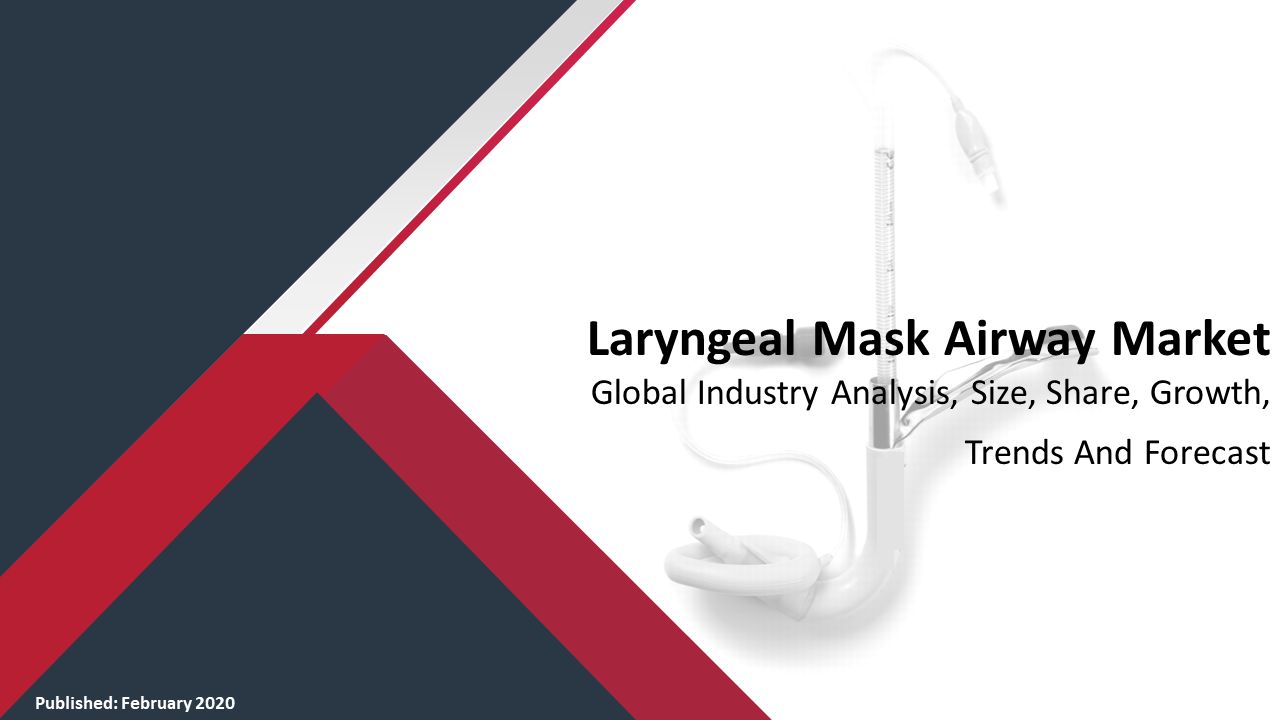The Argentina neurology devices market size is expected to register a significant CAGR during the forecast period, 2021–2028. The growth of the market is attributed to the rising disposable income, growing elderly population, and technological developments in neurological devices.

Neurology devices manage the determination and treatment of all classes of conditions and infections, including the central and peripheral nervous systems such as covers, veins, and effector tissues. Neurological practice depends intensely on the area of neuroscience, the logical investigation of the nervous system.
Nervous system is a complex system. From sight to smell and walking to talking, the sensory system puts together, discloses, and interfaces the surroundings. Nervous systems are composed of the most significant parts of our body, namely the cerebrum, the spinal cord, muscles, and the nerves that link them. Understanding side effects of neurological problems is crucial as it can lead to an appropriate treatment process.
Market Trends, Drivers, Restraints, and Opportunities
- Significant increase in the frequency of neurological disorders across the country is anticipated to drive the market growth.
- Rising number of projects related to neuroinformatic for the provision of efficient algorithms is estimated to spur the growth of the market.
- High procedural cost of neurovascular surgeries and related products can hamper the market growth.
- The COVID-19 pandemic inhibited the market growth owing to reduction in the frequency of surgery procedures to mitigate the spread of virus. However, the rising investment in healthcare infrastructure amidst the pandemic is positively influencing the market growth.
- Delay in regulatory approvals and high cost of interventional devices can create challenges for the market growth.
- Growing advancement in the field of imaging technologies is expected to propel the growth of the market during the forecast period.
Scope of the Report
The report on the Argentina neurology devices market includes an assessment of the market, trends, segments, and regional markets. Overview and dynamics have also been included in the report.
|
Attributes
|
Details
|
|
Report Title
|
Argentina Neurology Devices Market - Industry Analysis, Growth, Share, Size, Trends, and Forecast
|
|
Base Year
|
2020
|
|
Historic Data
|
2018–2019
|
|
Forecast Period
|
2021–2028
|
|
Segmentation
|
Type of Devices (Cerebrospinal Fluid Management Devices, Neurostimulation Devices [Sacral Nerve Stimulation Devices, Deep Brain Stimulation Devices, Spinal Cord Stimulation Devices, and Others], Interventional Neurology Devices [Carotid Artery Stents, Interventional/Surgical Simulators, Neurothrombectomy Devices, Embolic Coils, and Support Devices], Neurosurgery Devices [Stereotactic Systems, Neuroendoscopes, Aneurysm Clips, and Others], and Others)
|
|
Country
|
Argentina
|
|
Report Coverage
|
Company Share, Market Analysis and Size, Competitive Landscape, Growth Factors, and Trends, and Revenue Forecast
|
|
Key Players Covered in the Report
|
Abbott Laboratories; Stryker Corporation; Nihon Kohden Corporation; Medtronic PLC; and B. Braun Melsungen AG
|
Argentina Neurology Devices Market Segment Insights
Neurostimulation Devices segment to hold a major market share
In terms of type of devices, the market is classified as cerebrospinal fluid management devices, neurostimulation devices, interventional neurology devices, neurosurgery devices, and others. The neurostimulation devices segment is further segregated into sacral nerve stimulation devices, deep brain stimulation devices, spinal cord stimulation devices, and others. The interventional neurology devices segment is categorized as carotid artery stents, interventional/surgical simulators, neurothrombectomy devices, embolic coils, and support devices. The neurosurgery devices segment is divided into stereotactic systems, neuroendoscopes, aneurysm clips, and others. The neurostimulation devices segment is expected to hold a major market share during the forecast period.
Sacral nerve stimulation devices are a compelling and safe treatment for patients experiencing urinary and fecal dysfunction. Expanding interest for the negligibly intrusive treatment, rising incidence of urinary bladder infections, and innovative headways, for example, the presentation of novel coatings and designing techniques are the principal factors driving the development of the market. A sacral nerve stimulation devices use device called neurotransmitter, embedded under the skin in the upper butt cheek region, sends gentle electrical stimuluses through a lead wire near the sacral nerve.

Segments
Segments Covered in the Report
The Argentina neurology devices segmented on the basis of:
Type of Devices
- Cerebrospinal Fluid Management Devices
- Neurostimulation Devices
- Sacral Nerve Stimulation Devices
- Deep Brain Stimulation Devices
- Spinal Cord Stimulation Devices
- Others
- Interventional Neurology Devices
- Carotid Artery Stents
- Interventional/Surgical Simulators
- Neurothrombectomy Devices
- Embolic Coils
- Support Devices
- Neurosurgery Devices
- Stereotactic Systems
- Neuroendoscopes
- Aneurysm Clips
- Others
- Others
Country
Key Players
- Abbott Laboratories
- Stryker Corporation
- Nihon Kohden Corporation
- Medtronic PLC
- B. Braun Melsungen AG.
Competitive Landscape
The key players competing in the Argentina neurology devices market are Abbott Laboratories; Stryker Corporation; Nihon Kohden Corporation; Medtronic PLC; and B. Braun Melsungen AG.
Market companies participate in mergers with research institutes to develop their position and uphold the creation of innovative, safe, and effective procedures.

























